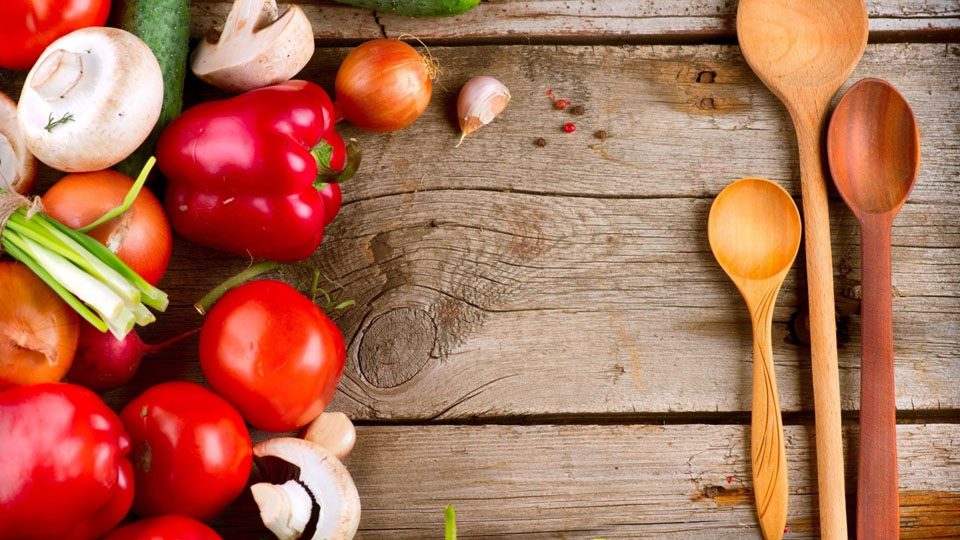The saying that an army marches on its feet may sound strange in our times, given the dominance of air power in waging wars, remote-controlled missiles that hit targets after cruising thousands of kilometres and, not to forget, robots and crew-less flying machines. The similar-sounding expression “An army marches on its stomach,” attributed to Napoleon Bonaparte (1769-1821), the French military leader and emperor as well as Fredrick the Great of Prussia (1712-1786) attests to the importance of providing food to the soldiers without compromising on its attributes of nutrition, enticing taste, safety and variety. While emphasising the issue of sustaining the strike-power of the well-fed armed forces, the issue of providing adequate food of unquestionable quality to the rest of the land’s population cannot be over-exaggerated. One cannot be faulted to express concern over the current status of food quality consumed by the masses which is none-too gratifying, barring the otherwise well-provided sections in the country’s population.
The sages of a distant past, given their Spartan food habits, have laid down the ground rules as it were for sticking to materials suited for human consumption as well as methods of their safe-keeping during times between seasons and proper processing for consumption in order to safeguard wellness. These rules, even considering them as the blue print connecting food and health, have not only got flouted by present generation but also ridiculed vociferously.
The land’s masses are obliged to express gratitude to the workforce in their millions engaged on agriculture, horticulture and other forms of farming, including plantations, raising crops that enrich our diet, in addition to animal husbandry and fishing for keeping the food-supply line intact for the most part, braving vagaries of nature. Volatility of consumer-cost of food is a fact of life, obeying the laws enunciated by economists. Thanks to the growing knowledge generated through scientific research in institutions such as the Mysuru-based Central Food Technological Research Institute, the stock of food raised in the land in its abundant variety can be prevented from spoilage, in addition to getting greater mileage of the produce.
All will be well on the food front if the basic understanding of food, both in its raw state and as processed products, including the dishes in their numerical enormity, as available in the cornucopia of both ancient sources and accessible to modern knowledge is well-received and adhered to. While ignorance of this knowledge on the part of the majority in the population is understandable, at least those who are well aware of what to eat and what not can spare their time for others around them, clearing the “To eat or not to eat” dilemma.








Recent Comments